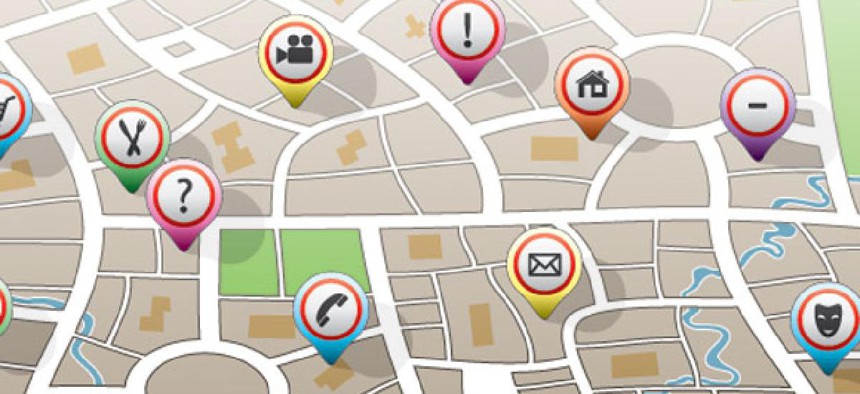Panel sympathetic to geolocation privacy concerns

FreeSoulProduction / Shutterstock.com
The bill includes some exceptions for bypassing the standard such as for emergencies involving possible death or serious harm and national security.
A House Judiciary subcommittee appeared sympathetic on Thursday to calls for Congress to set standards for when law enforcement can gain access to geolocation information generated by cell phones and other devices.
The Crime, Terrorism and Homeland Security Subcommittee debated legislation offered by Rep. Jason Chaffetz, R-Utah., that would require the government to show probable cause and obtain a warrant before requesting geolocation information from cell phones or other devices. The bill includes some exceptions for bypassing the standard such as for emergencies involving possible death or serious harm and national security.
Chaffetz and other supporters argue that Congress needs to step in and clarify the rules for when law enforcement can access geolocation data, particularly in light of the Supreme Court’s January decision in United States v. Jones. In that case, the high court ruled that law enforcement must obtain a warrant before attaching a GPS device to a suspect’s car.
"Just because it can be done doesn't mean it necessarily should be done," Chaffetz said.
Supporters of Chaffetz's bill note that the decision only applied to GPS devices and left uncertainty about the standards that would apply to geolocation data collected by cell phones and other wireless devices.
In a separate opinion in the Jones case, Justice Samuel Alito urged Congress to step in to clarify the law for all devices.
Chaffetz's bill is backed by privacy advocates and tech firms, which favor clear rules that would eliminate uncertainty involving the privacy of cell phone geolocation data. “Requiring law enforcement agents to obtain a warrant based upon probable cause before obtaining geolocation information would allow legitimate investigations to proceed, while ensuring that innocent Americans do not have their privacy intruded upon,” Catherine Crump, a staff attorney with the American Civil Liberties Union, told the subcommittee.
But law enforcement officials worry that the standard set by the bill is too high and would hamper their ability to conduct investigations. They note that when they access geolocation data from cell phone companies now, they canot monitor phone conversations but instead get an approximate sense of where a call originated or was received.
“We feel the way [the bill] is written is overly broad and needs to be narrowed down so it doesn’t hinder law enforcement,” John Ramsey, national vice president of the Federal Law Enforcement Officers Association, said.
In response to repeated questioning from Chaffetz, Ramsey agreed that there need to be some standards but said his group does not favor the bill’s approach.
Rep. Trey Gowdy, R-S.C., said he is sympathetic to law enforcement’s concerns, but pushed Ramsey and other law enforcement officials to work with Chaffetz and the bill’s other supporters to find a standard they could live with.
Subcommittee Chairman James Sensenbrenner, R-Wis., did not say if his panel would mark up the legislation. He and several other senior committee members, however, have signed on as co-sponsors of the legislation.
Sen. Ron Wyden, D-Ore., has introduced a similar version of the bill in the Senate.
(Image via FreeSoulProduction /Shutterstock.com)
NEXT STORY: USCIS needs to better track its laptops, IG says





